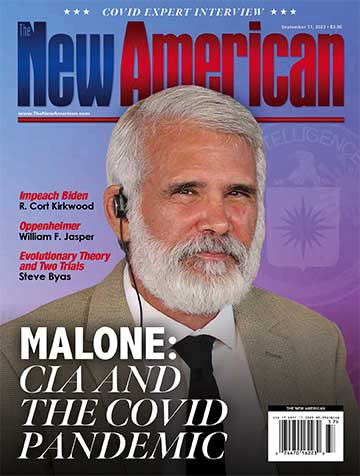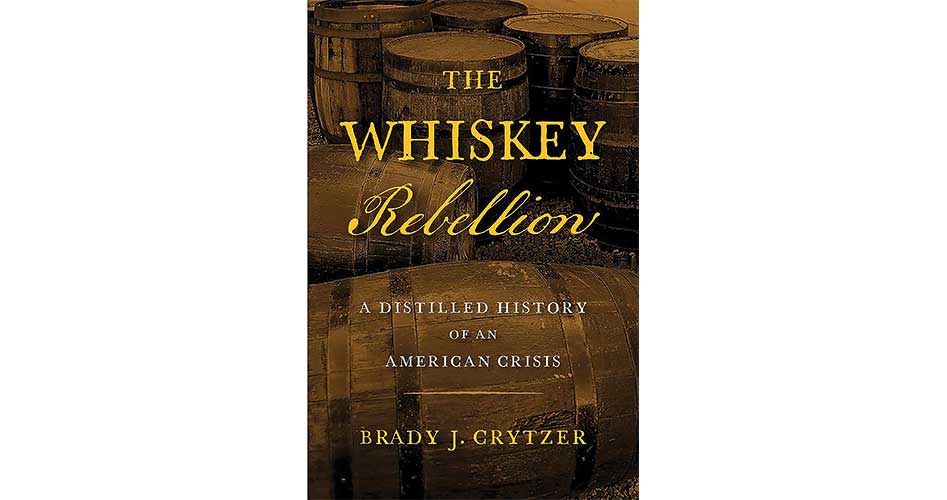Frontier Rebels Challenge Tax on Spirits
While imbibing too much whiskey might leave an unwary man reeling, the federal taxing of that liquor can stagger and dispirit an entire region of a nation. That is what happened to the then-western frontier of the young United States when Treasury Secretary Alexander Hamilton directed the effort that led to an excise tax on distilled spirits. This sparked what was at the time generally called “the Western Insurrection.”
At its core, as the author of this first-rate book makes clear, the ensuing events were not actually centered on whiskey, per se, as much as the “direct challenge to the sovereignty of the federal government in the emerging west.” There were certainly licit arguments for what became known as the “Whiskey Act,” and Federalist stalwart Hamilton made them. Nonetheless, as even Hamilton’s celebrated biographer Ron Chernow acknowledged in his eponymous book, that tax “was doomed to be unpopular, inevitably reminding Americans of the Stamp Act and the whole hated apparatus of British tax collecting.”
Keep in mind the time. In Samuel Johnson’s 1755 Dictionary of the English Language, the word excise was defined as “a hateful tax levied upon commodities and adjudged not by the common judges of property but wretches hired by those to whom excise is paid.”
JBS Member or ShopJBS.org Customer?
Sign in with your ShopJBS.org account username and password or use that login to subscribe.

 Subscribe Now
Subscribe Now
- 24 Issues Per Year
- Digital Edition Access
- Exclusive Subscriber Content
- Audio provided for all articles
- Unlimited access to past issues
- Cancel anytime.
- Renews automatically

 Subscribe Now
Subscribe Now
- 24 Issues Per Year
- Print edition delivery (USA)
*Available Outside USA - Digital Edition Access
- Exclusive Subscriber Content
- Audio provided for all articles
- Unlimited access to past issues
- Cancel anytime.
- Renews automatically


